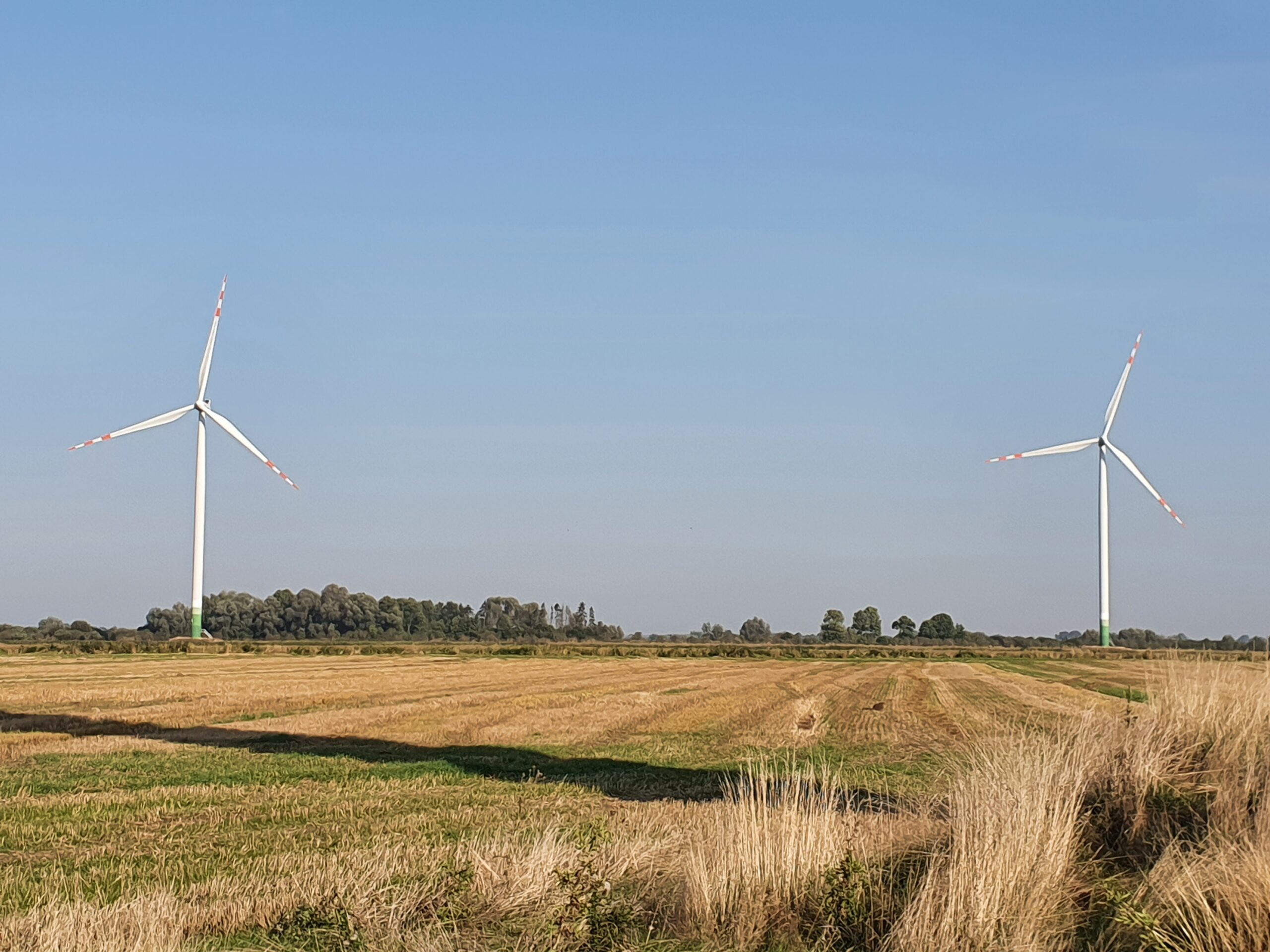29 April 2023
Another changes in the RES sector, that is few words about perspective…

A perspective has a multidimensional definition. Following the dictionary, it is both: “the point of view from which something is presented or evaluated,” as well as “that what is possible to predict in the future,” and also “a distance in time that allows proper evaluation of events”. We have a new opening in the RES industry, and each definition of the title perspective is a separate question mark. I apologize in advance for its frequent use. 😊.
The amendment to the location law went into effect on April 23 and a broad spatial planning reform bill has just been submitted to the Polish Parliament (with the goal of voting on it by the end of June). Much has already been said and written about the first subject. The latter should at least be devoted to a separate long article. Just from the perspective of rapidly changing versions of the bill, does it make sense? With such an unstable legal situation in the RES area, is it rational to spend money on new projects based on long-term assumptions (see the urgently introduced maximum price per MWh)? Although the legislative creatures and pulling the rug from under the feet of investors, the answer is – YES! The green wave cannot be stopped, and everyone realizes this. RES is the future, security, and path to energy independence from other countries. This is understood by (almost) every side of the political scene, and they only differ in their approach to the speed of building the energy mix toward RES.
The consequence of the above is a growing number of developers, both smaller ones focused on the quick resale of projects and larger ones with ambitions to build portfolios of projects. Thus, there is a demand, which, given the limited supply (min. 700 m from residential development for wind projects, restrictions of the National Support Centre for Agriculture (KOWR) on land leasing, the possibility of developing projects mainly on low land use classes, exclusions of nature protection forms and buffers from forests/trees/water bodies, etc.), results in strong competition among investors for land. Large land owners do personal tenders, collecting several offers from the market and choosing the most attractive according to them. Of course, this is not a bad thing. The problem, however, is that the main criterion for selection is the money for rent, rather than the entity’s experience, good reputation, or possessed human and financial resources necessary to successfully implement the project. Excessive increasing of the offered rents, especially in the operational phase (after the project is built) resembles a pointless auction, which seems to overlook the most important criterion – if the one with whom the contract is signed is really the one that will provide the highest probability that the project will be implemented?
What is missing here in all those circumstances is an economic analysis, a broader view of the project, and the possibility of its profitable implementation on the criteria agreed with the farmer. The one, deluded by the promise of golden mountains, often believes it will succeed. For me it is hard to understand how easily owners get promises, for example, that a wind farm consisting of a fairy-tale number of turbines will be built on their land. In recent weeks, I have been getting calls repeatedly where people seek verification of both the amounts offered and the number of turbines. You really can’t put 3 large turbines on a 5 ha compact area of land! And I have heard of such ideas recently. The problem is that a reliable developer, has to face these ‘gold mountains’ and often has to fail because he is incapable of presenting a competitive offer. As in politics, so in RES development, we have to deal with populism.
In order to successfully implement a RES project, it is necessary to meet the perspectives of several main stakeholders, i.e.:
- Developer/Investor – who wants to do the project as soon as possible and on reasonable terms that allow profitable operation;
- The landowner – who wants the installation to be built as soon as possible, but preferably on his terms and elevating the rent as much as possible;
- The local community – where we often have the classic NIMBY (Not In My Back Yard) effect, i.e. yes: windmills/PV is ok, but not necessarily over the fence unless they pay well for me too;
- Local authorities – where if the elections are coming, the question arises whether it is worth supporting the implementation of a RES project due to additional money form taxes in the municipality, but on the other hand – risk of failure is high.
Each group has its own point of view on the project. I know from my experience, how complicated it is to find a compromise and a common perspective. Wishful dreams of an ideal scenario in which each party is 100% satisfied should be put aside between fairy tales. Successful projects are those where everyone is able to let it go a little and change its own perspective to some extent. 😊
Kamil Koczara
Chief Development Officer
Tundra Advisory



